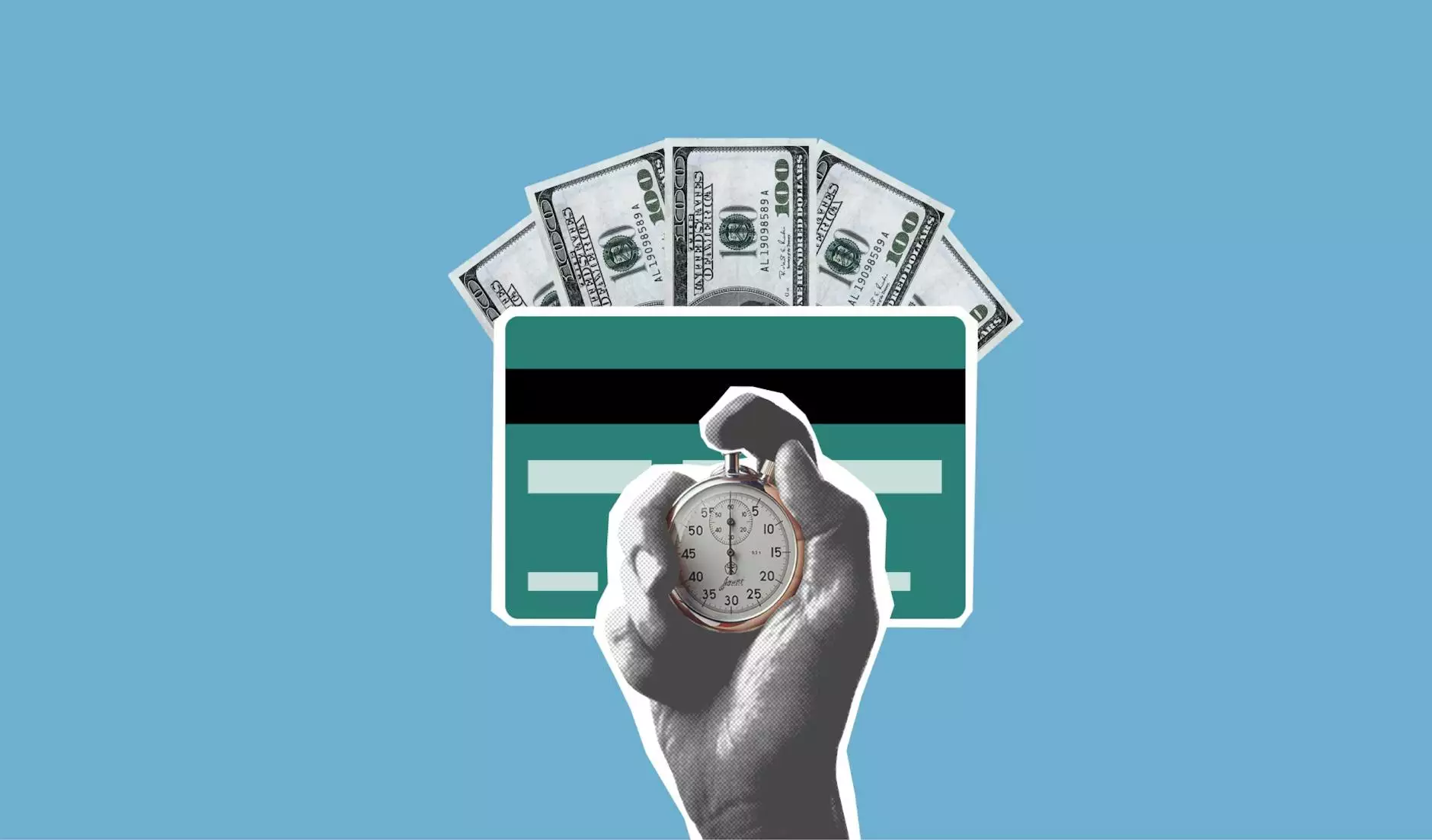How Long to Keep Tax Records for Financial Services, Accountants, and Tax Services

How long to keep tax records is a crucial question that often plagues businesses, especially those in the realms of Financial Services, Accountants, and Tax Services. Maintaining proper records is not only essential for compliance with tax laws but also for effective financial management and audit purposes.
The Importance of Keeping Tax Records
Keeping accurate tax records is vital for businesses to ensure transparency, accountability, and compliance with tax regulations. Proper record-keeping plays a significant role in financial services as it provides a clear trail of financial transactions, expenses, and income. Accountants rely on detailed tax records to prepare accurate financial statements and tax returns for businesses.
Best Practices for Record Retention
Tax services professionals recommend following specific guidelines for retaining tax records. While the duration may vary based on the type of document, here are some general recommendations:
- Income and Expense Records: Keep these records for at least seven years. This includes receipts, invoices, bank statements, and financial statements.
- Purchase Receipts and Asset Records: Retain these documents for as long as you own the asset and for up to seven years after its sale or disposal.
- Employee Payroll Records: Keep payroll records for at least seven years. This includes details of wages, taxes withheld, and benefit contributions.
- Tax Returns and Supporting Documents: Preserve tax returns and all related documents for a minimum of seven years.
Ensuring Compliance and Organization
Businesses in the realms of Financial Services, Accountants, and Tax Services must ensure that they adhere to record-keeping requirements set by tax authorities. Organizing documents systematically, either physically or digitally, can streamline the process of retrieving information during audits or inquiries.
Technological Solutions for Record-Keeping
With advancements in technology, businesses can leverage digital tools and accounting software to maintain and organize tax records efficiently. Cloud-based platforms offer secure storage and easy access to important financial documents, ensuring data integrity and accessibility.
Consulting with Tax Professionals
For businesses seeking expert guidance on tax record retention, consulting with experienced tax professionals or accountants can provide valuable insights and tailored solutions. These professionals can offer personalized advice based on the specific needs and requirements of the business.
Conclusion
In conclusion, understanding how long to keep tax records is essential for businesses operating in the Financial Services, Accountants, and Tax Services sectors. By following best practices for record retention, businesses can ensure compliance with tax laws, facilitate financial management, and prepare for audits effectively. Leveraging technological solutions and seeking guidance from tax professionals can further enhance record-keeping processes.









